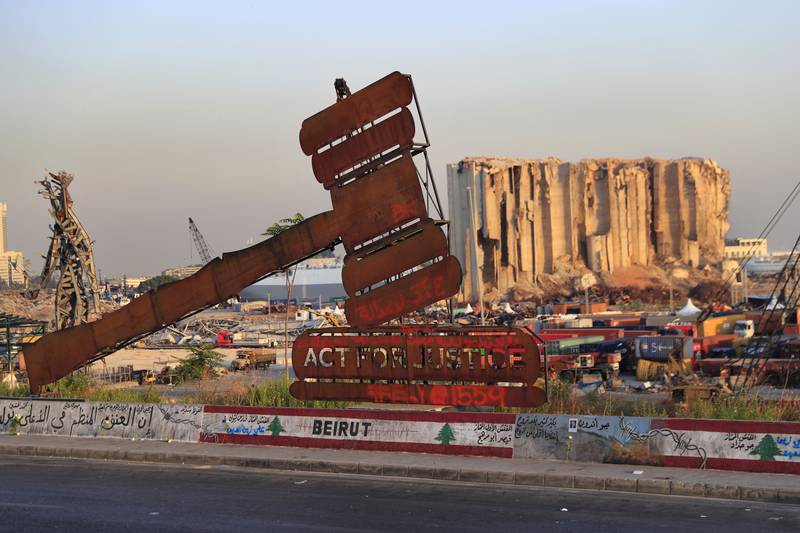
by english.alaraby.co.uk — MENA — Lebanon’s parliament failed on Monday for a fourth time to elect a successor to President Michel Aoun, with lawmakers divided over a candidate opposed by the powerful Hezbollah movement. Already governed by a caretaker cabinet, crisis-hit Lebanon is hurtling towards an imminent power vacuum, with just days before the current president’s term finishes at the end of the month. Parliament speaker Nabih Berri called for another vote on Thursday in the hope of overcoming long-running arguments. A total of 50 lawmakers in Lebanon’s 128-seat parliament left their votes blank, many from Iran-backed Hezbollah and its allies. Their rivals mostly backed lawmaker Michel Moawad, whose father René Moawad was a former president. He has emerged as a frontrunner since parliament first met to name a president last month. But Moawad, who won 39 votes on Monday, was still was far short the 86 ballots – two-thirds of seats – needed to win.
University professor and activist Issam Khalife took 10 votes, cast by independent lawmakers who emerged from a mass 2019 anti-government protest movement, as well as others. But the required quorum was lost before a second round could be held, after some lawmakers walked out – a recurring scenario in past votes. Moawad’s supporters accused Hezbollah and its allies of obstructing a second round of voting to negotiate with other blocs, effectively preventing the election. “No bloc in parliament can impose a president, not Hezbollah nor anyone else,” said Elias Hankash, a lawmaker from the Kataeb Party that supports Moawad. Hankash accused lawmakers who left parliament of “systematic disruption”, because there were not enough lawmakers to make a vote legitimate.
Under Lebanon’s longstanding confessional power-sharing system, the presidency is reserved for a Maronite Christian. Aoun was elected in 2016 after a more than two-year vacancy at the presidential palace, as lawmakers made 45 failed attempts to name a candidate. Since late 2019, Lebanon has been crippled by an economic crisis, dubbed by the World Bank as one of the worst in recent history.
Economic meltdown has pushed most Lebanese into poverty. Talks with the International Monetary Fund to unlock billions of dollars in loans have stalled, as Lebanese leaders have been unable to enact substantial reforms demanded by the lender and donor countries.



